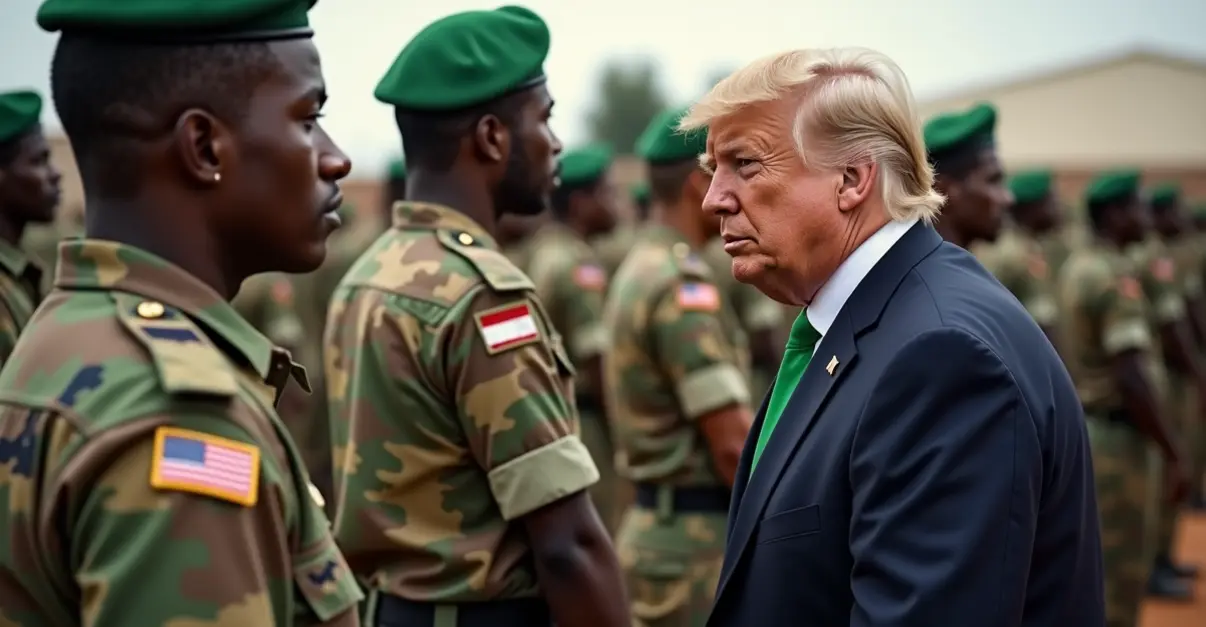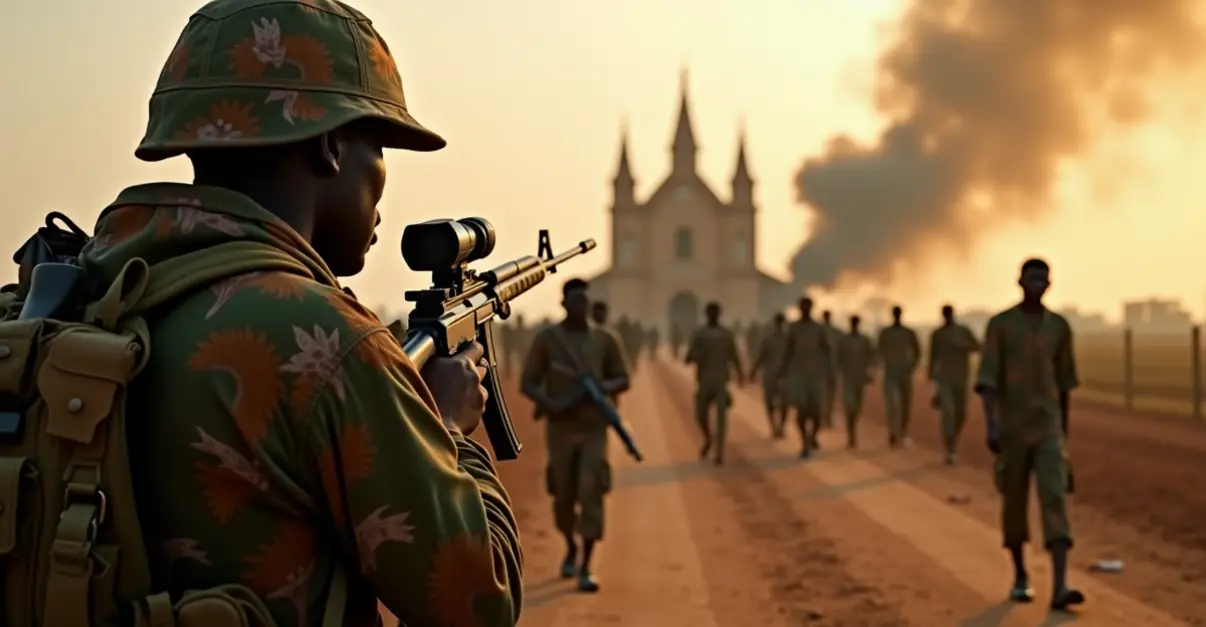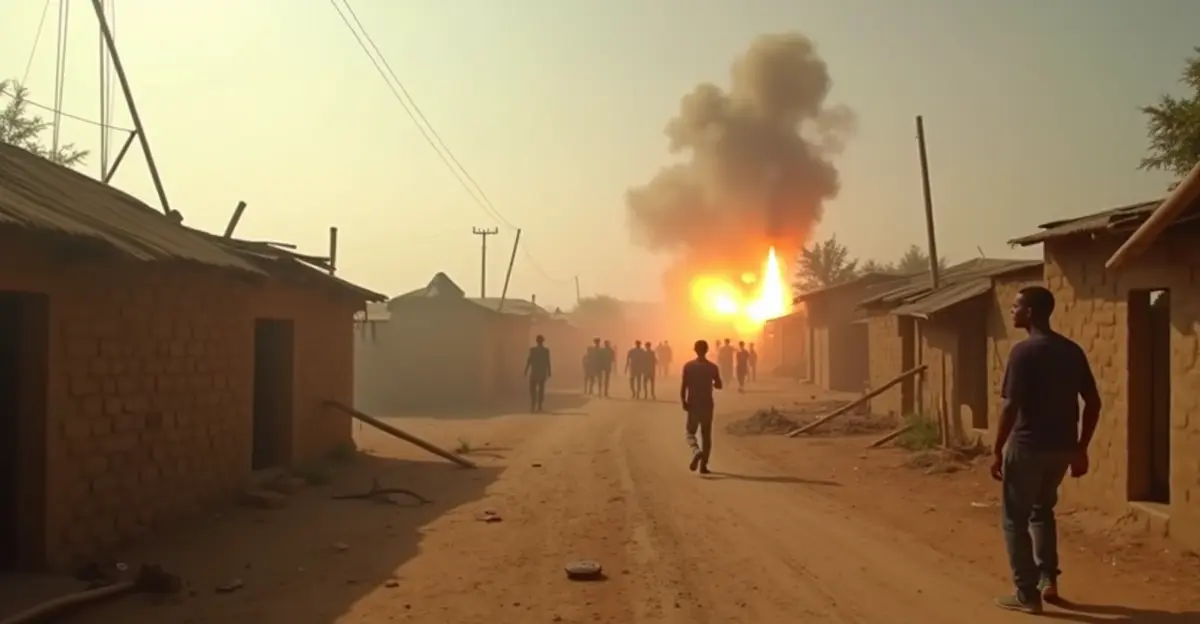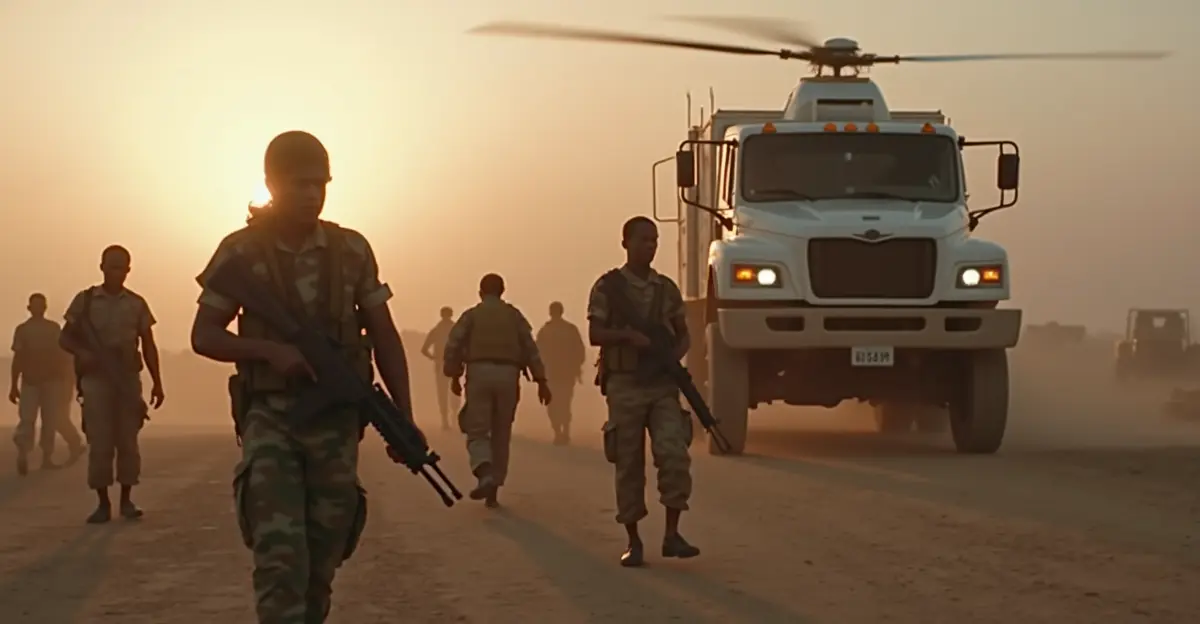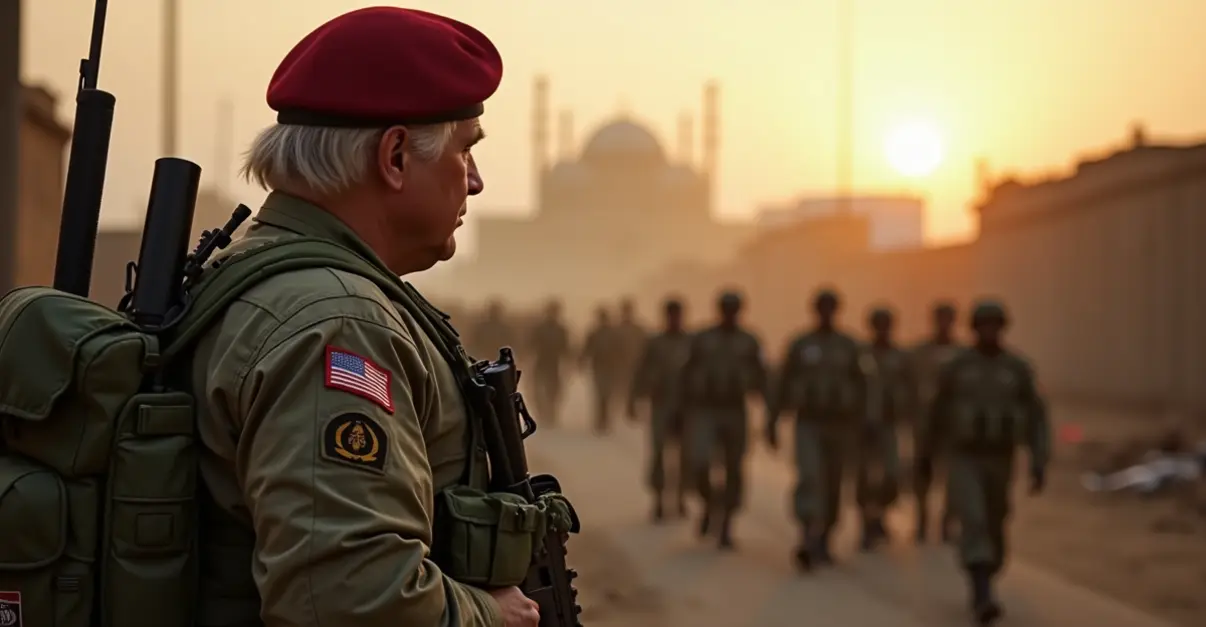Trump's Military Threats Against Nigeria Spark Complex Reactions
Former President Donald Trump's recent threats of military action against Nigeria have created a diplomatic firestorm while simultaneously opening doors for potential security cooperation between the two nations. In early November 2025, Trump declared on his Truth Social platform that he had instructed the Pentagon to prepare for possible military intervention in Nigeria, citing what he called "existential threats to Christianity" in the West African nation.
Complex Reality Behind the Rhetoric
Security analysts and regional experts quickly pointed out that Trump's characterization of the situation oversimplifies Nigeria's complex security landscape. "The frame that only or primarily Christians are targets is shocking and a distortion of facts," says Malik Samuel, researcher at Good Governance Africa. "President Trump is president of the most powerful nation in the world. He should have his facts straight. The Americans have a large embassy here, they know what's really going on."
Nigeria's religious demographics tell a more nuanced story. According to demographic data, approximately 53.5% of Nigeria's 218 million people are Muslim, while 45.9% are Christian. The violence affecting the country primarily stems from jihadist groups like Boko Haram and its splinter factions, which operate mainly in the predominantly Muslim northern regions.
Strategic Opportunity Amidst Controversy
Despite the controversy surrounding Trump's statements, Nigerian security experts see potential benefits in the increased American attention. "What's happening now could become an opportunity for more military cooperation with the American army," says Ebenezer Obadare, researcher at the Council on Foreign Relations. "The Nigerian government cannot adequately handle the security problems in the country."
The United States and Nigeria have maintained security cooperation for over 50 years, with Nigeria being one of America's most important partners in sub-Saharan Africa. According to State Department records, this partnership includes counterterrorism training, military equipment sales, and joint exercises.
Political Context and Regional Implications
Security analyst Ikemesit Effiong of SBM Intelligence suggests the timing and nature of Trump's threats reflect domestic American politics more than Nigerian realities. "This story has less to do with Nigeria and says more about the political context in the US," Effiong explains. "It's a religious story that works well for them, that they know resonates with American conservatives."
The threat comes as Nigeria faces multiple security challenges beyond religious violence, including economic crisis, high unemployment, and climate change impacts. "It's much more complex," Effiong emphasizes. "Nigeria is hard hit by insecurity, but it's not purely a religious story. Many factors play a role."
Potential for Enhanced Partnership
Both American and Nigerian analysts expect that discussions about military cooperation will intensify following Trump's statements. The U.S. has provided over $1 billion in military support to Nigeria in recent years, including A-29 Super Tucano aircraft and AH-1Z attack helicopters to enhance counter-insurgency capabilities.
Obadare advises both governments to focus on the core security challenges: "We should talk less about whether Trump is right or not. Our focus should be on the many victims falling in Nigeria - in churches and mosques being attacked, and hospitals and bridges and police stations. We need to remind Trump that the Nigerian people are not the enemy. Jihadist terror is the enemy."
As diplomatic channels remain open, the situation represents both a challenge and opportunity for U.S.-Nigeria relations, with potential implications for regional stability and counterterrorism efforts across West Africa.

 Nederlands
Nederlands
 English
English
 Deutsch
Deutsch
 Français
Français
 Español
Español
 Português
Português
